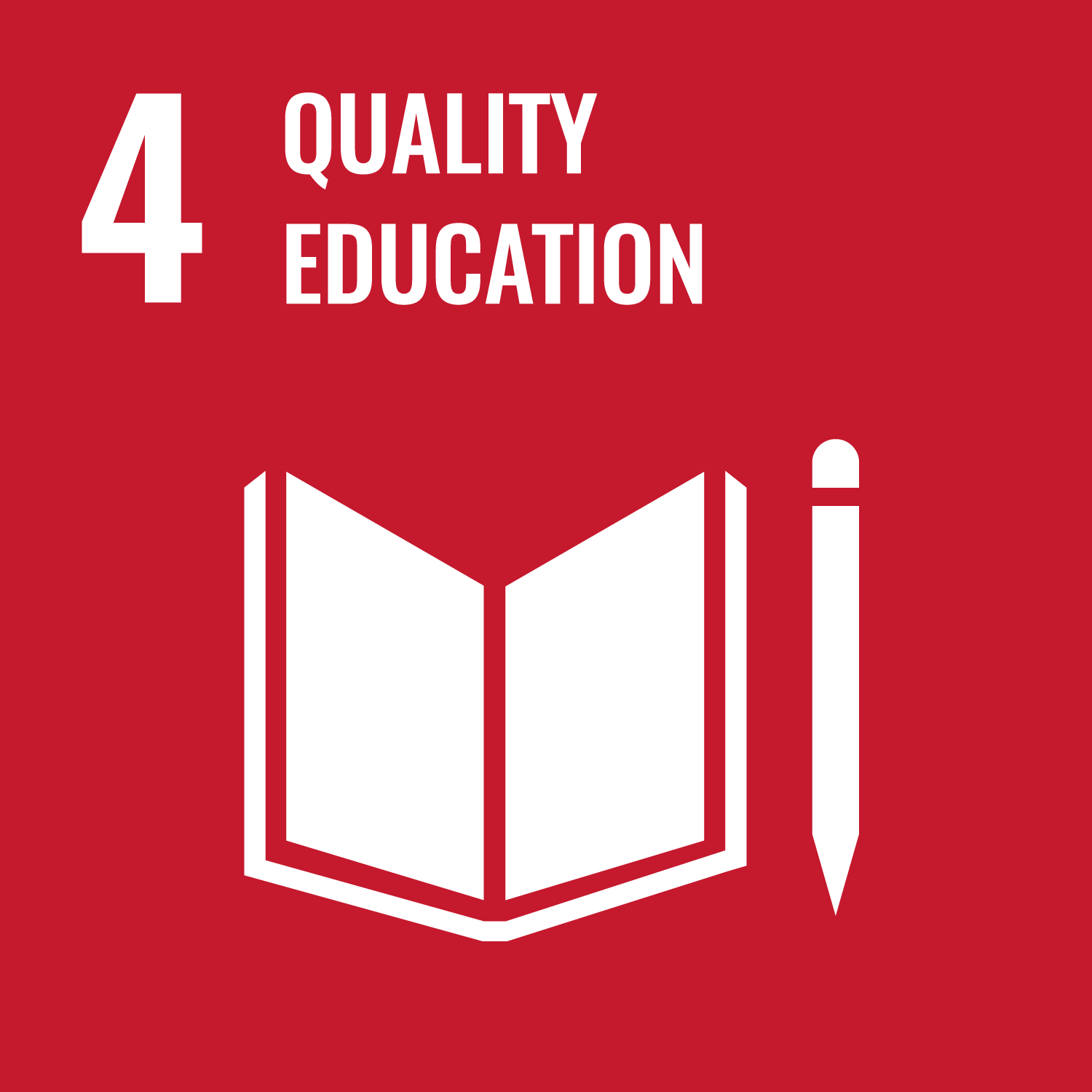ORCID
- Rong Huang: 0000-0002-6061-9329
- Rebecca Turner: 0000-0003-3953-618X
Abstract
Huang (2008) argues that previous research in relation to international students is limited in its scope, concentrating on areas such as the country of origin, or, the academic or social experience. As the emphasis is now more on the contribution international students’ fees make to the prestige and income of individual universities, it is surprising to note that there is limited research on the progression and achievement of international students following their graduation and their subsequent careers and motilities (Leonard and Morley, 2003). The employability of university graduates has dominated much educational and economic policy over the past decade (Cranmer, 2006). Interestingly, there has been little empirical work exploring the way in which students understand and manage their employability in the context of recent labour market changes (Tomlinson, 2007; Tymon, 2011). As Johnston (2003, 419) argues, one of the limitations of research on graduate employment is its tendency to focus on groups with the potential to influence the government, while ‘the voices of other partners in the graduate recruitment process, the graduates, are deafening in their silence’. Furthermore, existing literature on employability is its strong ‘national' focus in the UK or USA and little reference is made to the increasingly international dimensions of HE and graduate employability (Waters, 2009). This research, therefore, attempts to understand international students’ perspective on employability in post-1992 universities in the UK, as their potentially greater focus on skills, remit for vocational education. More specifically to: (1) to explore international understanding of employability; (2) to explore their perception of international experience in relation to the contribution it may make to their employability; (3) to examine international students’ approaches to manage their employability, and (4) to examine the support these universities offer to international students in order to identify best practices to share. The outcomes of this research will form the basis of submissions to journals (e.g. Journal of Vocational Education & Training/Journal of Work & Education), international conference papers (e.g. SRHE) and a new research collaboration, bring together researchers from three HEIs.
Publication Date
2013-01-01
Publisher
University of Plymouth
Deposit Date
2024-10-01
Additional Links
Recommended Citation
Huang, R., & Turner, R. (2013) 'International students’ perspective on employability: a missing voice', University of Plymouth: Retrieved from https://pearl.plymouth.ac.uk/pbs-research/312


